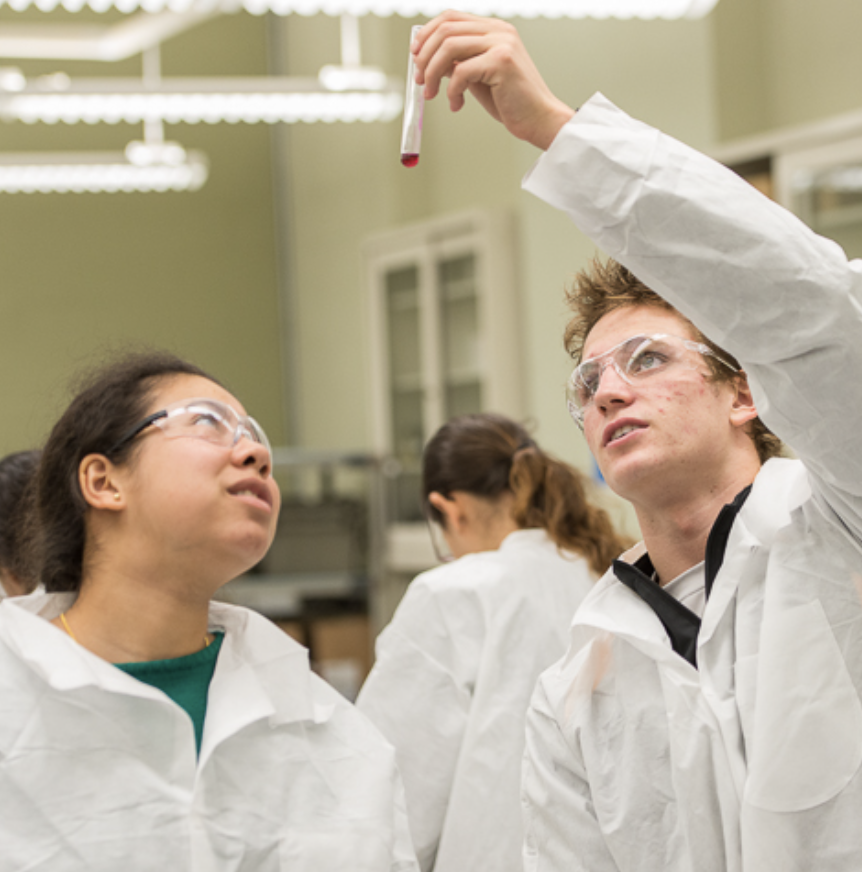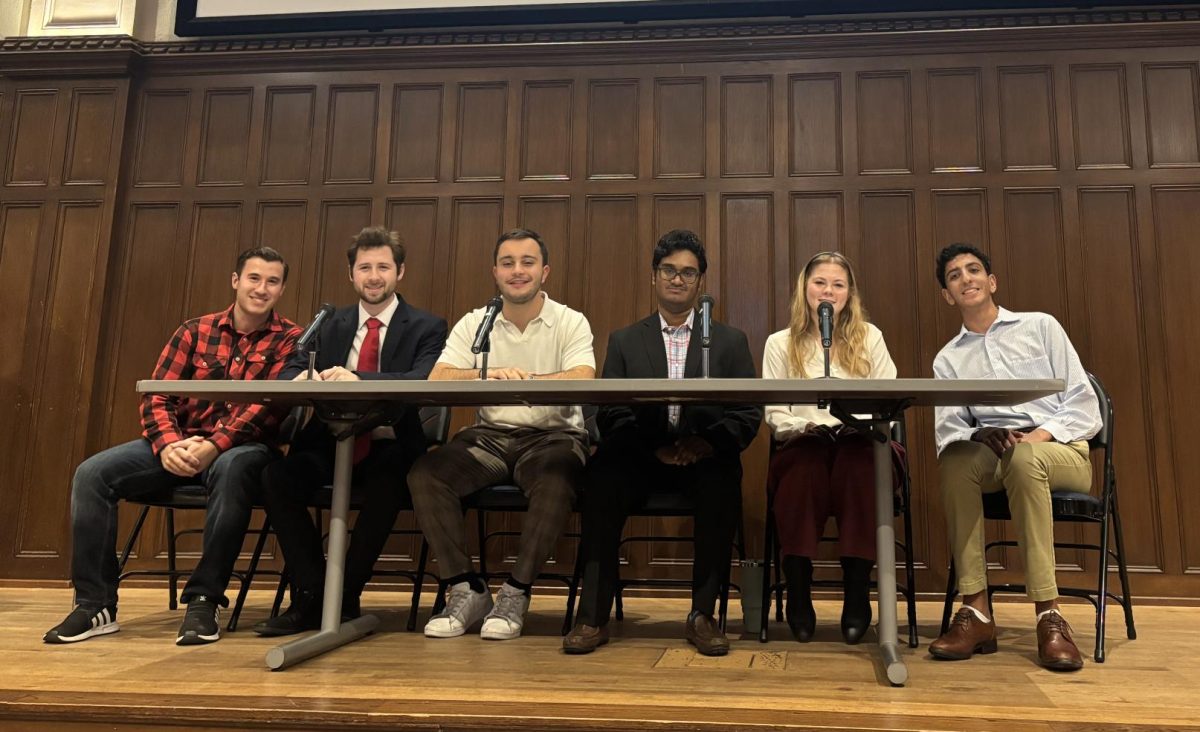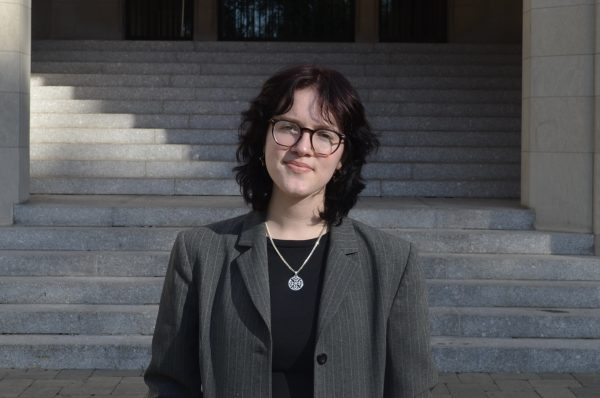Last summer, Fordham University was approved to add a new biochemistry major to their course offerings. This comes three years after the introduction of the biochemistry minor in 2020. Focusing on the intersection of biology and chemistry, the first semester of the major being offered has just been completed.
“We wanted to make sure the minor was doing well and that a lot of students were interested in that and when that worked the next logical step was major,” said Dr. Ipsita Banerjee, chair and professor of chemistry and biochemistry. This December, the Department of Chemistry had its name officially changed to the Department of Chemistry and Biochemistry. “We want our department to reflect what we offer and what students can get out of it.”
The program comes after several years of student interest.
“Most other universities have it so they [the students] were always asking why we [Fordham] didn’t have a biochemistry major,” said Banerjee.
The program is broken into two tracks, a general track and an American Chemical Society (ACS) Certified Track. The ACS track is recommended for students focused on biochemistry’s analytical, physical and structural aspects, while the general track is for students more interested in cellular, molecular and physiological approaches.
Students in both tracks will be involved in research as well as have opportunities to co-author journals. They will also have the option to connect with Fordham-partnered research centers such as the Center for Urban Ecology, the Center for Cancer, Genetic Diseases, and Gene Regulation and the Calder Center Biological Field Station. In these facilities, students have the opportunity to use tools such as 3D bioprinters, scanning electron microscopes, atomic force microscopes, surface plasmon resonance and single molecule imaging microscopy.
“I always encourage research. I think that’s how you learn the best,” said Banerjee. Students have begun research in tissue engineering, targeting cancer cells and Alzheimer’s.
Students already majoring in chemistry or biology may not double major in biochemistry but can pursue a minor. Many students outside the program can also take advantage of the biochemistry classes offered by Fordham.
“I’m interested in taking biochemistry because I think it would be very aligned with what I want to do,” said Abigail Lopez, FCRH ’27. Lopez is a biology major but considers the biochemistry classes an asset to the biology department.
Since its introduction this year, many students have expressed interest in the major, with many students switching majors or double majoring. Starting next fall, first-year students will be able to enter Fordham as biochemistry majors.
Banerjee started developing the program when she became head of the department in 2018, getting the minor approved in 2020 and began working on the major after the COVID-19 pandemic. She worked with members of the biology and chemistry departments to create new major-specific courses.
“Currently I’m teaching Biochemistry I which is one of the fundamental classes,” said Banerjee. Starting next fall students will begin taking some of the newer, biochemistry-specific classes.
As the program grows, Banerjee hopes to expand the course offerings and research opportunities for students. She wants the program to not just educate students, but to adequately prepare them for their post-graduate plans.
“I really want to grow the major and improve STEM at Fordham,” said Banerjee. “To increase the visibility of STEM at Fordham and increase student opportunities and student success.”









































































































































































































